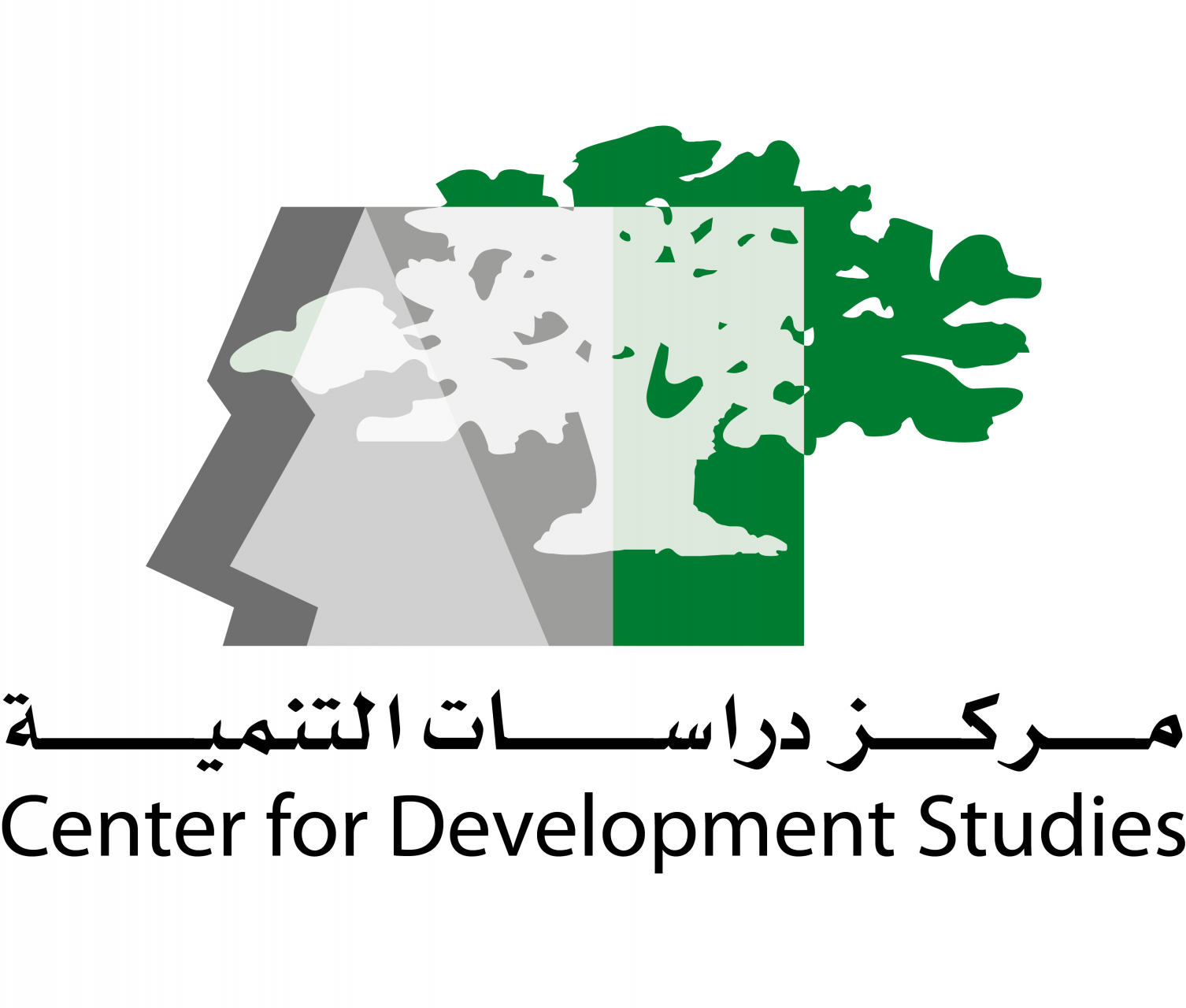CDS’ academic research programs engage policy-makers, amplify the perspectives of marginalized social groups, and promote community ownership over development. Our applied research programs focus on the most marginalized members of our community; including women, youth, people with disabilities and Palestinian refugees, with a focus on Palestinian refugees in the Diaspora. CDS has conducted an extensive array of applied research studies including; policy papers, strategic plans and needs-assessment studies. The center also implements action based research and uses transformative research methods that seek to build knowledge in collaboration with communities
The center’s thematic research focuses include:
Critically Re-Reading Development
CDS produces academic studies that critically examine the dominant development models and discourses, particularly those that have been institutionalized under the Oslo process. These studies survey the restructuring of the Palestinian economy and the reconfiguration of social and political power. Analyzing the entangled relationship between development and colonialism, we explore how the latter attempts to undermine and foreclose development, and we investigate the complex ways in which these material realities are shaped by and reshape international aid, neoliberal policies, humanitarian interventions and reconstruction efforts. The academic studies produced under this thematic focus seek to shed new light on how local Palestinian development realities are also structured by global political and economic policies, institutions and systems of power. At the same time, these studies situate and explore transformative grassroots Palestinian practices of development, their connections to movements, traditions of thought and knowledges produced in the wider Global South.
Women and Development
These studies investigate the intersections of development, Palestinian women’s everyday struggles and conditions under patriarchy. This studies seek to understand how gendered roles and power relations within Palestinian society have shifted over time in relation to interlocking gendered economic structures and colonial realties. The studies provide a structural analysis of Palestinian women’s everyday realities as situated with macro political and economic systems and colonial forms of power that shape women’s lived experiences in their communities. CDS investigates issues such as how the ongoing colonization of land has altered Palestinian women’s role in agriculture and how this has transformed women’s economic roles and gendered relations in communities, especially in rural localities. We also investigate how free market economic policies have impact patriarchal power and gender dynamics in the Palestinian society.
Alternative Development
This thematic focus brings academic debates on alternative development into conversation with past and present Palestinian theories and practices. These studies investigate various local models and concepts of alternative development that have and continue to be created by Palestinian grassroots communities, popular committees, intellectuals, social movements and women’s organizations. We seek to study, build on and theorize local Palestinian knowledges and alternative practices of development that have sought to build a resisting economy and create community modes of self-reliance and steadfastness on the land by promoting modes of production, such as cooperatives. CDS also situates and examines Palestinian concepts and practices of development in relation to the broader Global South and investigate how knowledges, discourses and alternative development models are borrowed, shared and transferred across these geographies. These studies seek to learn from Palestinian concepts, such as development for liberation, while looking at how discourse have travelled from other locations in the Global South to Palestine, like the concept of food sovereignty.
Political and Economic Futures
The center has conducted a number of studies that investigate possible alternative futures. CDS carried out a large scale research project on alternatives to partition that analyzed the political, economic, legal and territorial implications of moving beyond the two-state solution and the failed Oslo paradigm. These studies examined other models and frameworks which are rooted in social justice approaches and are capable of furthering the imperatives of decolonization, such as the one state solution. CDS is also working an archival research project that recovers political writings and texts of the PLO which outline the movement’s political and economic theories and visions of transformation, as articulated in dialogue with other movements and struggles around the world. These primary texts reflect the PLO’s vision of a different political and economic future. The political texts will serve as the basis for a number of academic papers and will also be used in grassroots conversations with Palestinian youth to enrich their understanding of the broad spectrum of Palestinian theories of political and economic development that can serve as the basis for them to formulate their own alternative visions.

